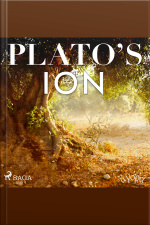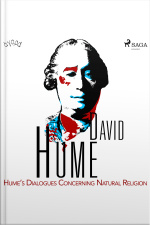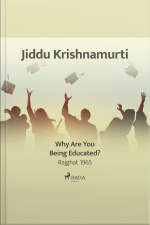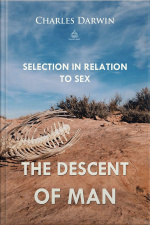Socrates questions Ion, an actor who just won a major prize, about his ability to interpret the epic poetry of Homer. How does an actor, a poet, or any other artist create? Is it...
David Hume’s Dialogues Concerning Natural Religion had not yet been published when he died in 1776. Even though the manuscript was mostly written during the 1750s, it did not...
Do you love learning about space? Do you know how important the solar system is? This is the audio book for you. All your questions will be answered. Jupiter is fifth in line...
On the night of July 20, 1969, our world changed forever when two Americans, Neil Armstrong and Buzz Aldrin, walked on the moon. Now the greatest event of the twentieth century is...
This book is the seventh volume of “The Living in Space Series”. Each volume focuses on one particular technology of living in space.In this book the focus is on spaceships...
Why Are You Being Educated? – 1 December 1965 • What is the function of education?• Q: Some people say that we must live now and others say that we must be concerned with...
One of the world's leading experts on genetics unravels one of the most important breakthroughs in modern science and medicine. If our genes are, to a great extent, destiny, then...
A BELIEF IN FREE WILL touches nearly everything that human beings value. It is difficult to think about law, politics, religion, public policy, intimate relationships,...
‘The next best thing to actually heading off into space’
In The Descent of Man Darwin applies evolutionary theory to human evolution, and details the theory of sexual selection, a form of biological adaptation distinct from, yet...











